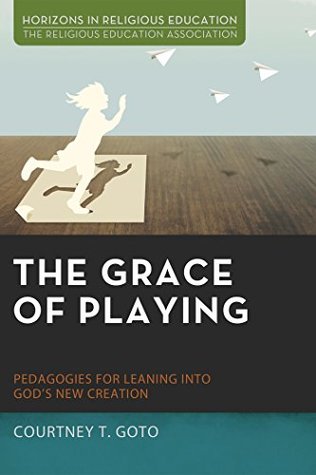During medieval church history, practices of religious devotion were intended to engage the whole person—not only the rational mind but also the emotions, the imagination, and the body.245 Especially in the medieval monastic tradition of the West, the whole person was cultivated through a life of worship, work, and study. In the Benedictine community, “[a] novice was initiated into the community through a kind of practical process of imagination, an exercise of both the creative faculty of the mind and the mnemonic capacity of the physical body.”246
Welcome back. Just a moment while we sign you in to your Goodreads account.


